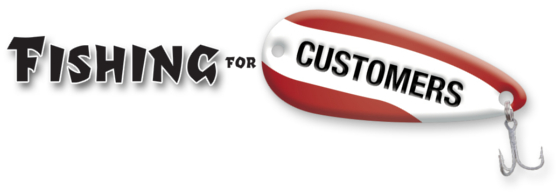A good art instructor takes her students through a number of different “schools” of painting in the course of their education. Does she do this to give them a broader appreciation of art? No. That’s a side benefit.
She does it so that they can learn specific techniques developed by the masters of the various schools.
They’ll study Rubens for his use of grand dramatic figures; Rembrandt’s attention to shadow; Cézanne’s use of small repeated brushstrokes; Picasso’s study of geometric shapes.
The students will attempt to duplicate the masters in order to learn the underlying techniques. Some of those techniques will feel “natural” to the budding artist, who will add them to his own art techniques “toolbox.”
Over a period of time the savvy student takes a bit of Raphael, a smidge of Vermeer, a touch of Monet, until he’s recognized as having developed his own style. This will be the beginning of commercial success for our artist.
Marketers should study successful marketers the way painters study influential artists.
Some markets respond better to direct response techniques while others respond better to branding. Some markets react to a free gift with purchase, while others tend to identify with a particular image.
Successful marketers must be ready to change tactics as dictated by the market.
I once witnessed an argument between a sales representative and the sales manager of a North Florida radio station.
The rep said: “Are you under the impression that I work for you? I work for Buck Bay Marine. I work for Menarro’s Restaurant. And if I didn’t have your radio station to deliver their messages I’d use outdoor, or wear sandwich boards or pass out Rubik’s Cubes with their names on ‘em.”
I applaud his attitude.
Unfortunately it’s easier to find a good art instructor than an experienced marketer well versed in all of the ways to communicate with customers. Successful marketers, much like successful artists, specialize in one particular school of marketing philosophy.
My suggestion? Study them all. Attempt to duplicate the masters. Learn the underlying techniques. Some of them will feel “natural” to you. Add them to your own marketing techniques toolbox.
Over a period of time you’ll incorporate a bit of Hopkins, a smidge of Kennedy, a touch of Ogilvy, until you know with certainty that these are all just different ways of delivering your message.
In my opinion, these are some of the best books ever written on the topics of marketing and advertising. They are arranged alphabetically. Please don’t consider this to be any kind of ranking.

Dear Mr Mckay,
There’s another book which you might find interesting, “Hey Whipple, Squeeze This” by Luke Sullivan (An AdWeek Book).
Regards,
Kelvin Oon